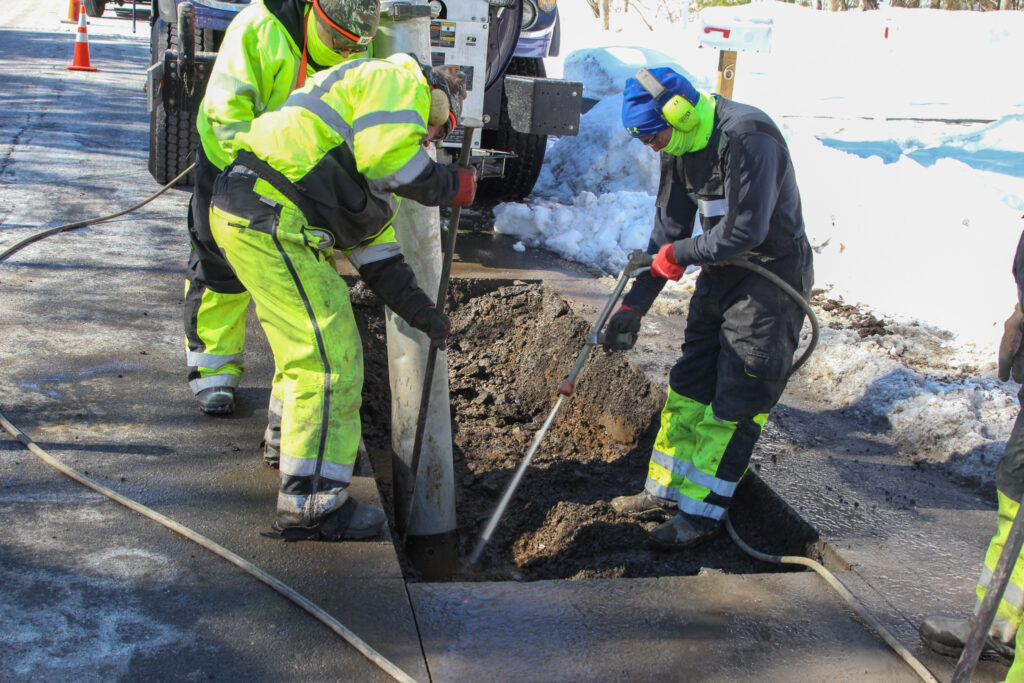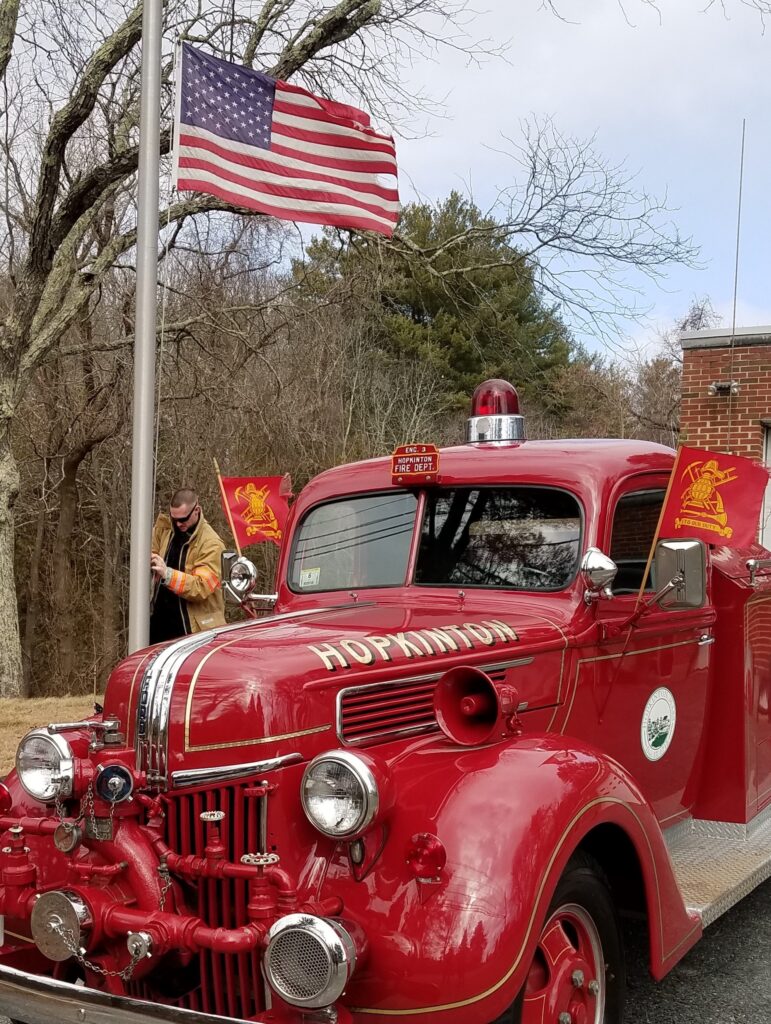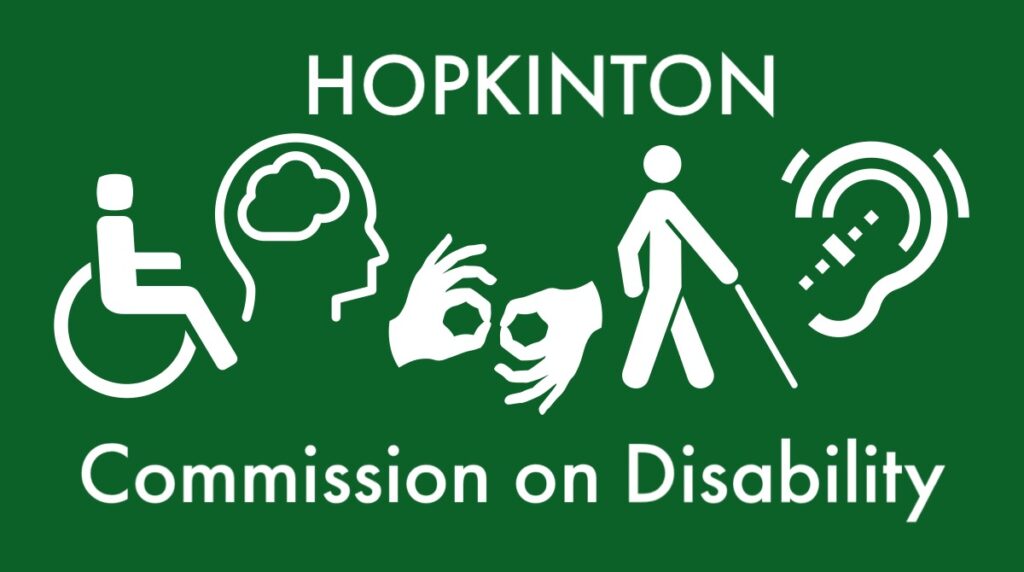Discussion of the town’s Fiscal Year 2020 budget continued at the March 19 Board of Selectmen’s meeting and ended with the board voting 3-2 to approve a ballot question and an Annual Town Meeting article for a Proposition 2½ underride in the amount of $1,180,568.00, subject to finalizing the amount as the budget process progresses, and which in all instances should be equal to the entire amount of the excess levy.
Proposition 2½ limits the annual growth of a community’s property taxes to 2.5 percent plus revenues from new growth. While an override allows the community to permanently increase the cap, an underride enables it to permanently reduce it.
Brian Herr, Brendan Tedstone and John Coutinho voted in favor of the underride. Select Chair Claire Wright and Irfan Nasrullah voted against approving the ballot question and Town Meeting article.
Prior to the vote, the board received a budget update from Town Manager Norman Khumalo.
“We heard you loud and clear on March 5,” Khumalo said. “We have worked diligently with our colleagues from the school department to get down to a tax impact of 2.5 percent net of new growth. I believe we have a plan pending confirmation from the School Committee that will help move forward with the discussion.”
In addition, the board reviewed a memo prepared by chief financial officer Tim O’Leary, senior manager finance accounting David Nalchajian, procurement and grants manager Ben Sweeny and Khumalo that outlined some basic municipal finance concepts, including specific ways the levy limit can change and the pros and cons of an underride.
Pros of an underride include:
- Signals a commitment to control spending at current levels rather than baselining spending on a levy limit that accumulated over a long period.
- Necessitates specific override discussions for substantial future spending increase proposals, with more focus than the normal budget process provides.
- Drives town managers to focus on cost control.
- May signal fiscal conservatism to lenders, which could enhance the perception of credit worthiness.
- If exigent conditions arise, an underride can be reversed with an override by the same voting bodies with the same approval requirement, after conscious, public consideration of specific circumstances.
Cons of an underride include:
- A longstanding unused tax levy may be considered an element of financial strength and discipline; and if so, the elimination of unused tax levy could reduce the perception of credit worthiness.
- For bond rating purposes, existing unused levy may offset other weaknesses, like the town’s stabilization fund status, which is $459,270, below the target threshold of 5 percent of the FY19 voted annual budget of $82,897,963.
- An ongoing cycle of alternating underrides and overrides could degrade investor and stakeholder confidence.
- The elimination of unused levy could restrict consideration of meritorious service and investment opportunities to the town’s longterm detriment.
Brian Herr, absent from the previous board meeting when the underride was initially discussed said he was glad that Tedstone had raised the concept.
“If we’re going to do it, an underride, I think we do it all,” Herr said.
Coutinho also was supportive of the underride, saying that it was more transparent, but he did acknowledge that it makes things tougher for town staff and may have an effect on the town’s bond rating.
Wright weighed in and said that having excess levy capacity is not a threat to anybody unless you have boards that are profligate spenders. “We’ve demonstrated going all the way here to 2015 and beyond that we haven’t done that,” she said.
Added Irfan Nasrullah, “If there is an adverse effect on the town’s bond rating, I think it could be dangerous.”
But with the final vote by the board of 3-2, voters at this year’s Annual Town Meeting will have the opportunity to vote to rid Hopkinton of its excess levy capacity. If endorsed by Town Meeting, the underride will then go to the ballot on May 20. If passed, this will be the third underride passed in Hopkinton. A $1.5 million underride was approved in 2017 and a $1.25 million underride in 2014.
As cited in the memo from O’Leary, only 15 of the Commonwealth’s 351 cities have enacted underrides, with Hopkinton, West Newbury and Williamsburg doing so on two occasions each.
O’Leary also wrote: “An underride in the FY2020 budget process would have no impact on FY20 spending and would not reduce any taxpayer’s bill in FY2020. An underride would only impact budget planning for FY2021 and beyond by establishing a lower budget limit for future year budget preparation.”





















0 Comments